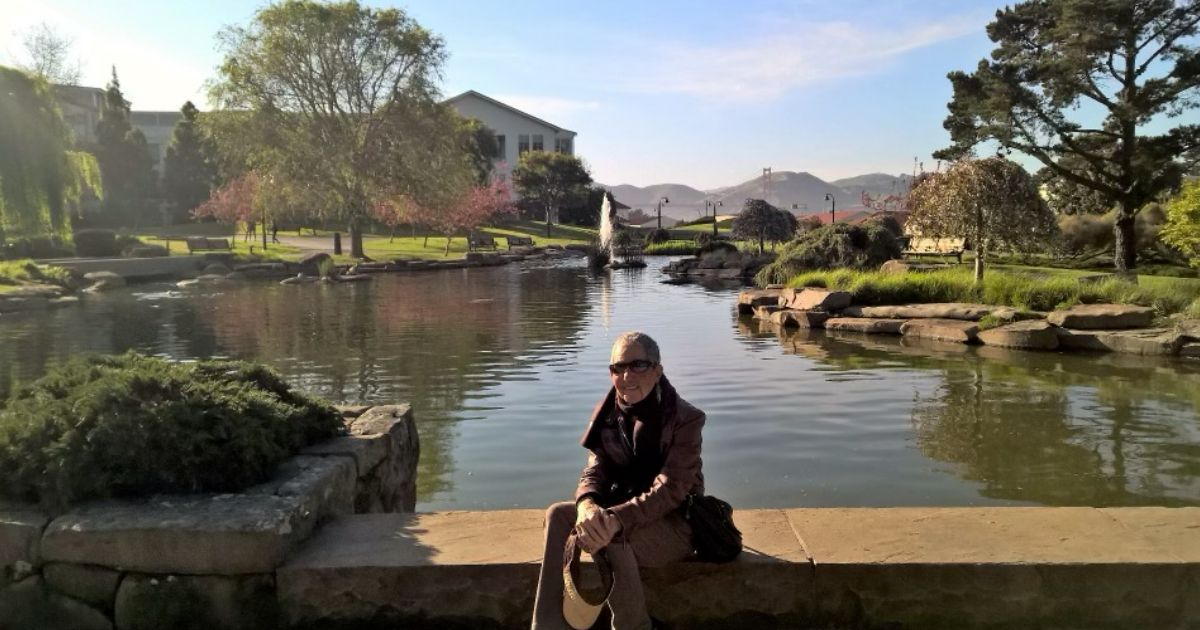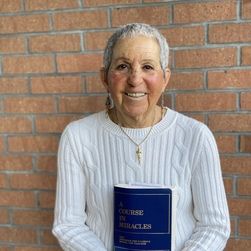
Sometimes people don’t want to hear the truth because they don’t want their illusions destroyed. - Friedrich Nietzsche
In my own search for meaning, begun many years ago, there was a realization that I would have to get beyond the "historical perspective" if I were to get to the source of the social and political problems plaguing my world. After many years of activism and inquiry, the study of history seemed more like propaganda for a particular point of view then a legitimate method of examination. Everything within history is relative to other events similarly derived from propaganda. Objective judgment was not possible. It seemed as though everyone was "right'" from some point of view. Nature, itself, seemed violent. This led me to a very hopeless and lonely place. Fortunately, I did not stop at this juncture of my inquiry, although at the time it seemed like this was the end.
From this state of hopelessness there was a feeling of "letting go," initially experienced as despair. However, I was no longer judging, condemning or trying to figure things out from my old way of thinking. In fact it seemed as though the very way I was thinking was perpetuating the problems I was trying to understand. Slowly, I came out of my despair feeling certain “there must be a better way to understand the world.” No longer being invested in or defending an historical point of view allowed me to more deeply probe into the source of the cycle of violence, hatred and abuse of power, which has permeated our history from the beginning of time. I was trying to free my mind to be willing to see things as they are, not as I wanted them to be.
As long as I limited my examination of social and political issues to the historical perspective, I experienced conflict, controversy, frustration and confusion. These are key indicators one is dealing with effect not cause. The historical perspective assumes, a priori, that the origin of our social and political problems is found within the world's history. The historical perspective precludes causes not within its bounds: not material in nature. Accordingly, all explanations for various events in history must be consistent with these imposed limits. For instance, within the historical context one cannot even entertain the possibility of a cause preceding its historical or material origin.
The deeper I probed, the more I became convinced that history itself is an effect and not a cause. In other words the aspect of mind which experiences the world and within which the dialectic process takes place, is not looking at the world objectively: it interprets the world it perceives from a condition. Fear and anger permeates our history because the aspect of mind perceiving the world is itself in a state of fear. Our experience, throughout "history," of fear and the violence and anger which follow, are not the products of history, rather our "history" reflects the projections of an ontological fear in mind, caused by dissociation. Until this ontological fear in mind is identified and corrected or healed, the cycle of violence and attendant anger and abuse of power we experience, will never be resolved. Witness on an individual level, the battered child syndrome; or on a larger historical scale, the cycle of brutality and oppression experienced as power shifts from one hegemonic group to another. We will not find meaningful answers to the problems that have been with us throughout history, by questioning our thoughts' effects. "It is only when their source is raised to question that hope of freedom comes at last." * See note below
The ideas revealed to Einstein and other prominent physicists of the early 20th century could not have been realized from the Newtonian world view. The ideas were always true, however, it was only when these physicists went outside the bounds of the Newtonian perspective that they could be experienced. Similarly the only reason we do not experience the dissociated aspect of mind as the source of fear is because it lies outside the bounds of the material/historical perspective we are using to examine the world. By framing my inquiry from this broader, non-material perspective which includes the material/historical experience, but does not preclude the non-material, I was able to experience the dissociated mind as the source of the fear. This fear was then projected onto the “world,” displacing the real cause from the dissociated mind to the material (historical) illusory world, an error which must be corrected if peace is to be experienced. When looked at from this new perspective, the social and political issues I must deal with are seen very differently. A major implication of this way of seeing is the realization that the fear and anger I am experiencing emanate from the ontological fear in my mind and not the situation that seemed to produce them. When I actually look from this perspective I do not see evil people, I see fearful people who may need to be restrained but not evil people to be destroyed. Another important implication is the realization that I am responsible for the world I experience, and my response/reaction is determined by the perspective I choose to interpret it from. I now feel a sense of mastery over these issues; an indicator one is dealing with cause not effect.
*A Course in Miracles provides a comprehensive program that gives both a theoretical understanding of the dissociated mind and workbook lessons to facilitate the necessary healing.

Comments